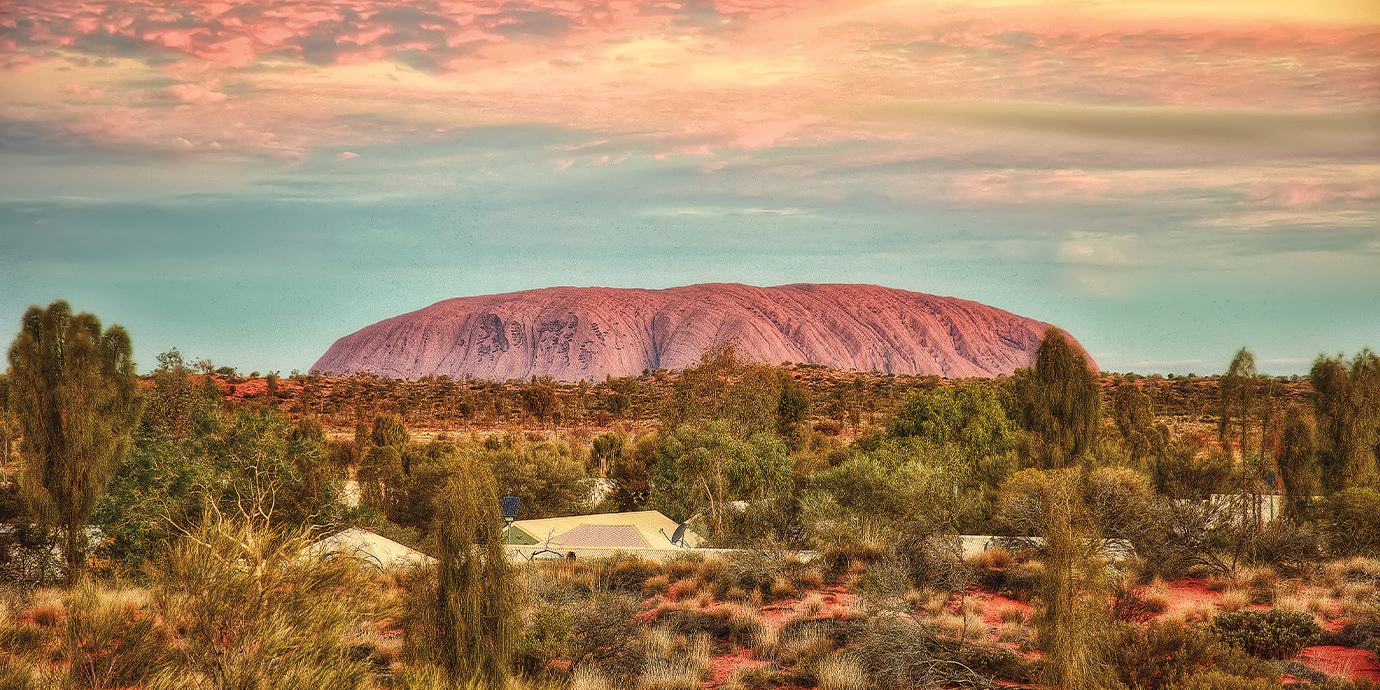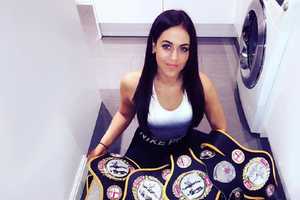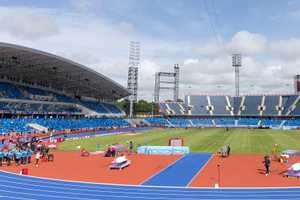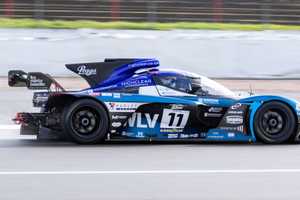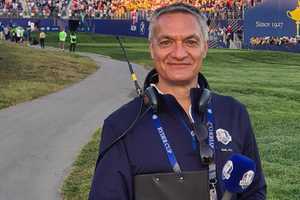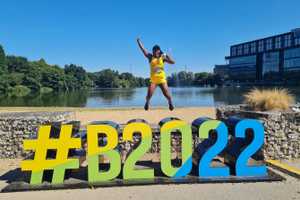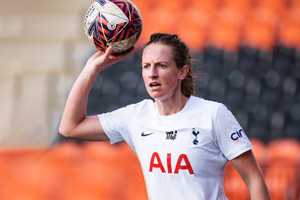In his own words, athlete development senior lead at the Australian Institute for Sport Graham Turner PhD tells his tale of social mobility, determination, and sporting success.
I'm from a working-class background, and I didn't find school to be an environment that engaged me. I didn't really have an interest in the way things were presented to me, so I left at the age of 16 with what you might describe as ‘no qualifications.’
It’s interesting looking back at that now, because I'm still in touch with people from school on Facebook, and they're like, “How have you done all this, since then?” I don't think the image they had of me back then fits with who I’ve become.
In those days, when you left school, you did a training scheme, but nothing came of that for me, so I ended up working on building sites at 17. I was soon made redundant and ended up on a scheme for the long-term unemployed at 18. It didn’t seem to be the start of a success story, but I got to the point where I thought, there’s only one way I’m gonna change this: get some qualifications.
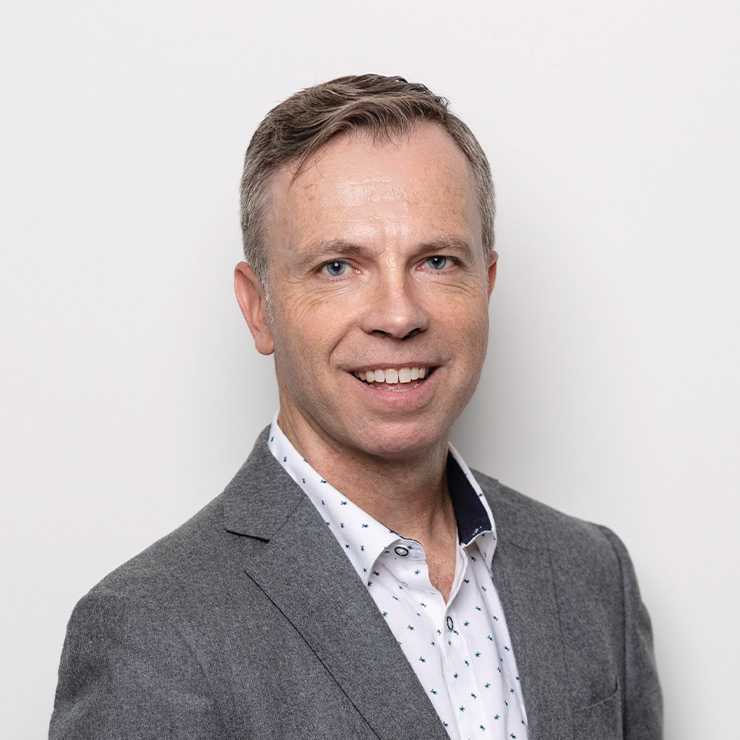
At 21, I started an access course for mature students in Telford, and while I had no intention of going to university, a month into it they were passing around UCAS forms. I thought, maybe this is something I could have a go at now.
The only thing I really liked was football. I wanted to study sport science, but I didn’t have the prerequisites, so I went into Clearing and took a combined studies degree that included outdoor education. This is a good example of non-linear progression, because it didn’t take me long to realise it wasn’t the course for me.
I ended up speaking to someone who had been on the access course, who told me about a programme they were doing in primary physical education at the University of Wolverhampton, which in those days was West Midlands College. A year into the course, it became the polytechnic, and by the time I left, it was a university, so I attended all three!
One of the big things for me was getting involved in sports clubs, and it wasn’t just football, but volleyball, hockey, basketball and canoeing as well. I was on a four-year course, and in my second year I became captain for the Walsall Campus football team.
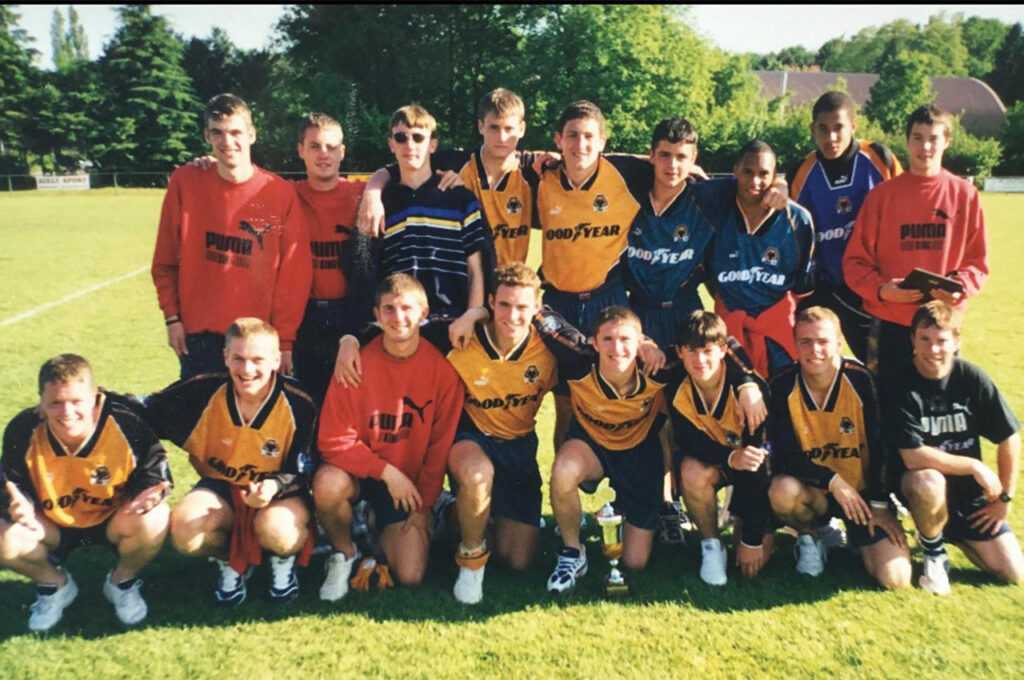
An especially good thing I’ll say about studying at Wolverhampton was that there were a lot of opportunities to learn in different ways. While I was studying the course, I wasn’t really convinced that I wanted to be a primary school teacher, so the university told me they would support me for placements in middle schools instead. The university has always been open to individualised learning journeys.
Another good thing the university did for me was having a partnership with the University of New Brunswick, where you could do teaching practice in Canada. I was put on reserve and someone dropped out, so I went to that, and it was superb. I did a term teaching at an elementary school, where they had specialist PE teachers.
I wasn’t the highest of fliers in my class, and I graduated with a 2.2. Now, this makes me smile, because most universities wouldn’t let you do a PhD with a 2.2 because they don’t think you’re smart enough. But later on, I went on to complete a PhD from which I published my book, The Young Athlete’s Perspective, so look at where Wolverhampton helped me reach. Don’t judge someone by their 2.2. grade.
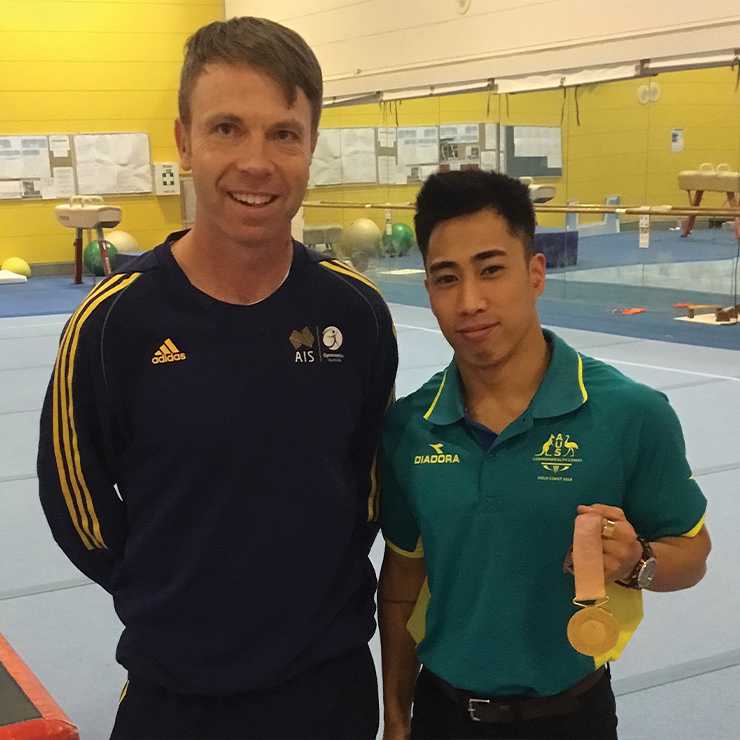
While I was there, the university advertised opportunities to go and coach in America, so during summer of my third year, I went to Houston and Dallas and absolutely loved it. I did a sports therapy course on the back of that experience, and I ended up getting top marks from the programme. The guy running it just happened to work for Wolverhampton Wanderers FC and told me they needed a new physiotherapist for the youth team. Now, bear in mind that he was talking to me, a guy who had once applied for a job in a sport shop selling trainers and I wasn’t even offered an interview for that – and now I was being offered a part-time job at Wolves!
On the last day of uni, a lecturer said to me that they’d been contacted by a school who had been let down and needed a PE teacher to start in September. That afternoon, in my jeans and t-shirt, I went for a chat with the headmaster, who afterwards told me the job was mine.
I was living the dream: a full-time job as a PE teacher, four nights a week coaching at Wolves, then on Saturdays I was with the youth team in the morning and the first team in the afternoon.
I remember when we had to carry Bully (Steve Bull) off the pitch when he was injured, and I was there running onto the field to help when Don Goodman fractured his skull. When Graham Taylor came to the club, I was the only member of the medical team who didn’t get the sack. I wasn’t even getting paid much money, but I wanted to be there anyway. I was loving it.
My next check-in with the University of Wolverhampton was when I studied a postgraduate certificate of mentorship, which taught me how to lead adults in their learning to become future PE teachers. I was motivated to keep learning so completed the FA’s two-year diploma in the treatment and management of injuries and then got a job working for Crewe Alexandra as the first team physio. While I had a great experience there, I was more interested in the athletic development side of things – which was when the University of Wolverhampton brought in their first ever sports science Master’s degree.
I studied that Master’s at Wolverhampton, which opened the door for me to work in a university rather than a school. That helped land me a one-year contract at Leeds Beckett University in the Carnegie faculty of teacher education, which was renowned for being the best physical education college in the country, and I transferred my Master’s to Leeds.
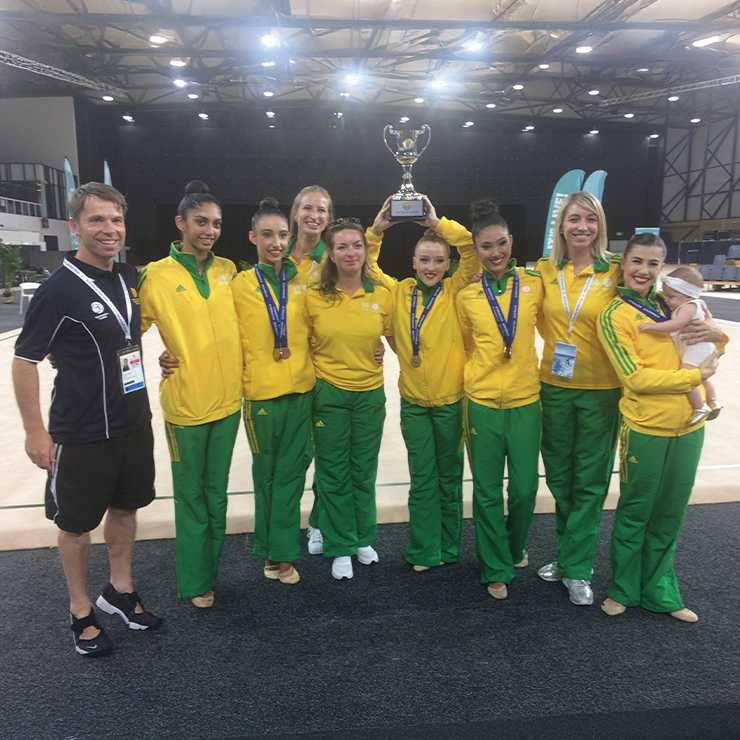
Completing that Master’s coincided with the UK deciding to take on the sports institute model of Australia, and I became a founding member and director on the board of the UK Strength and Conditioning Association. We were responsible for the inception and launch of the organisation and accreditation process, which is now the gold standard for coaches in the UK.
Due to the long-term impact of a foot injury, I had to stop working in football, so my family and I decided to take a leap of faith: we went to Australia on a three-year temporary visa, sponsored by a relative, with no jobs to go to.
We got to Melbourne and I wanted to get back into sport, so I took a job in the Northern Territory at the NT Institute of Sport, which was about four hours’ flight from my family in Melbourne. The institute wanted a new coach development programme, so I got a job as a consultant there in skill and behaviour. It was fascinating to learn about the indigenous culture and see how differently people lived in remote rural communities. That was my “in” to the system in Australia.
After that, I saw a temporary job advertised with Gymnastics Australia, which was thankfully based in Melbourne. Then I saw a new role advertised at the Australian Institute of Sport (AIS). Jobs they advertise always get over 100 applicants – it's crazy-hard to get in – but after two interviews I got a job with them as a coaching consultant. I had a national role to drive systemic capability build of the Australian performance pathway coaching systems. That was in 2019, so obviously we went into Covid shortly after that, which was challenging living in Victoria because we had the longest lockdown in the world. During that time, I got upskilled pretty quickly and set about designing and delivering world-leading online coach development programmes.
Now I’m the AIS athlete development senior lead, and I focus on integrated holistic athlete development. We’ve got lots of disciplines: strength and conditioning, physiotherapy, skill acquisition, biomechanics, and technical coaching – but how does that all come together? We aim to put the athlete in the best place to be able to develop, not only for their sport, but also to give them options in life. Of course, the catalyst for all the work we’ve been doing was when the Brisbane 2032 Olympics was announced.
So that’s where I am now: I’ve got a portfolio of ten sports, and my role is to drive “High Performance Pathways” to enhance the identification, development, support and retention of our best athletes on their journey towards future podium success. I’m no longer hands-on with athletes – my role is more about supporting the people who are hands-on.
Even from here in Australia, I still regard Wolverhampton as my back yard. I’ve got fun memories of my time there, and when I came back for the 2018 Commonwealth Games, I had a reunion with my old classmates.
Going to the University of Wolverhampton was a “sliding door” moment for me. If I hadn’t gone to Wolverhampton, and if it hadn’t been open to welcoming people like me who don't fit the normal, stereotypical, high-flying, hard-studying kind of mould, then all this would probably never have happened. So I’m really thankful for that.
